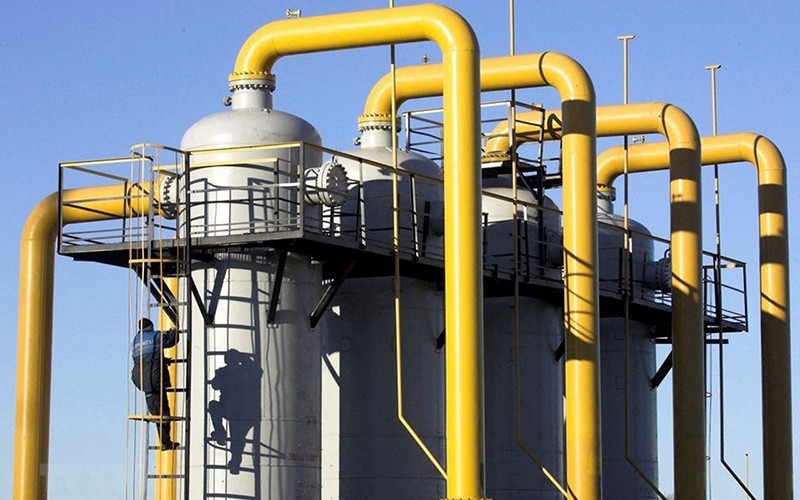With a value of 195 billion EUR, the energy autonomy plan mentioned above will be the largest investment in abudget package implementing the EU’s climate targets by 2030, helping reduce the use of fossil fuels in line with the EU’s commitment to respond to climate change at COP26.
The EC proposes many non-binding laws and plans for the governments of EU member states, including adjusting the plan to use its recovery budget after the COVID-19 pandemic in order to aid energy transition.
The EC’s plan also includes revisions to EU law to speed up the licensing of a number of renewable energy projects in Europe. The EC recommends a licensing process for new projects of no more than one year for certain sites suitable for harnessing renewable energy with low environmental impact. If approved, the licensing period will be much shorter than the current period of two years.
Renewable energy projects are often delayed for long periods due to cumbersome procedures, opposition from local residents as well as concerns about the impact on the ecosystem. This raises concerns that the EU will facedifficulties in accelerating the use of wind and solar energy to meet its environmental goals.
Through the new regulations, the EC draft highlights the important role of renewable energy sources in combating climate change, lowering energy prices, reducing the EU’s dependence on fossil fuels and ensuring supply security for the EU. European authorities are also considering an increase in the use of renewable energy among energy categories to 45% by 2030, higher than the current 40%, and cutting energy consumption across the union by 13% by 2030.
However, Europe’s biggest obstacle at the moment is still its dependence on energy supplies from Russia. The EU aims to reduce its dependence on Russia’s oil and gas by two-thirds by the end of 2022 and work towards a complete cessation by the end of 2027.
A ban on Russian oil imports was one of the main topics at the EU Foreign Ministers’ Meeting that took place in Brussels, Belgium. However, Hungary and a number of Eastern European countries, heavily dependent on oil supplies from Russia, continue to refrain from supportingthe sanctions package.
Slovakia, Czech, Bulgaria and Croatia are quite reserved. Bulgaria has officially asked for a two-year period to remove its independence on Russian oil.
Overall and long-term options are being considered by European officials, however, with the current divergent views among member states, perhaps the EU will need a long time to achieve self-sufficiency in its energy supply.
















